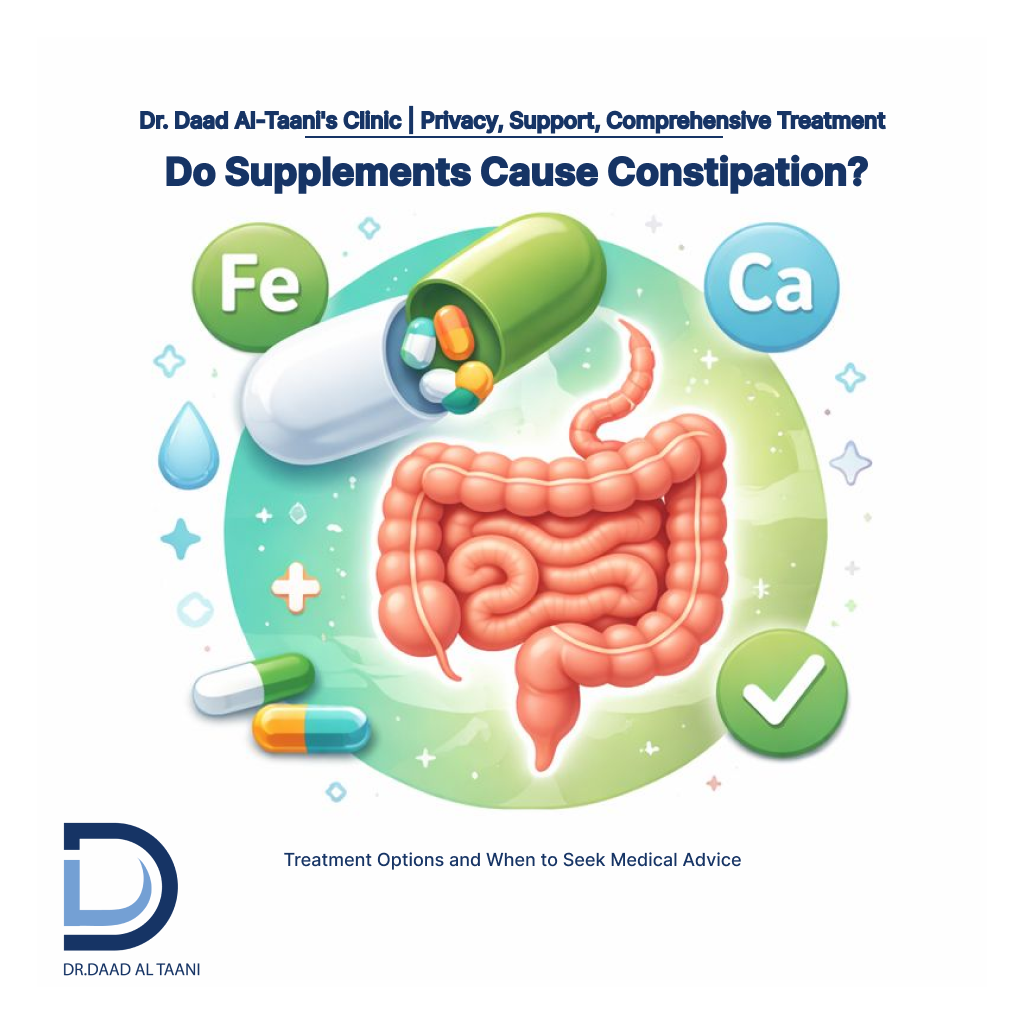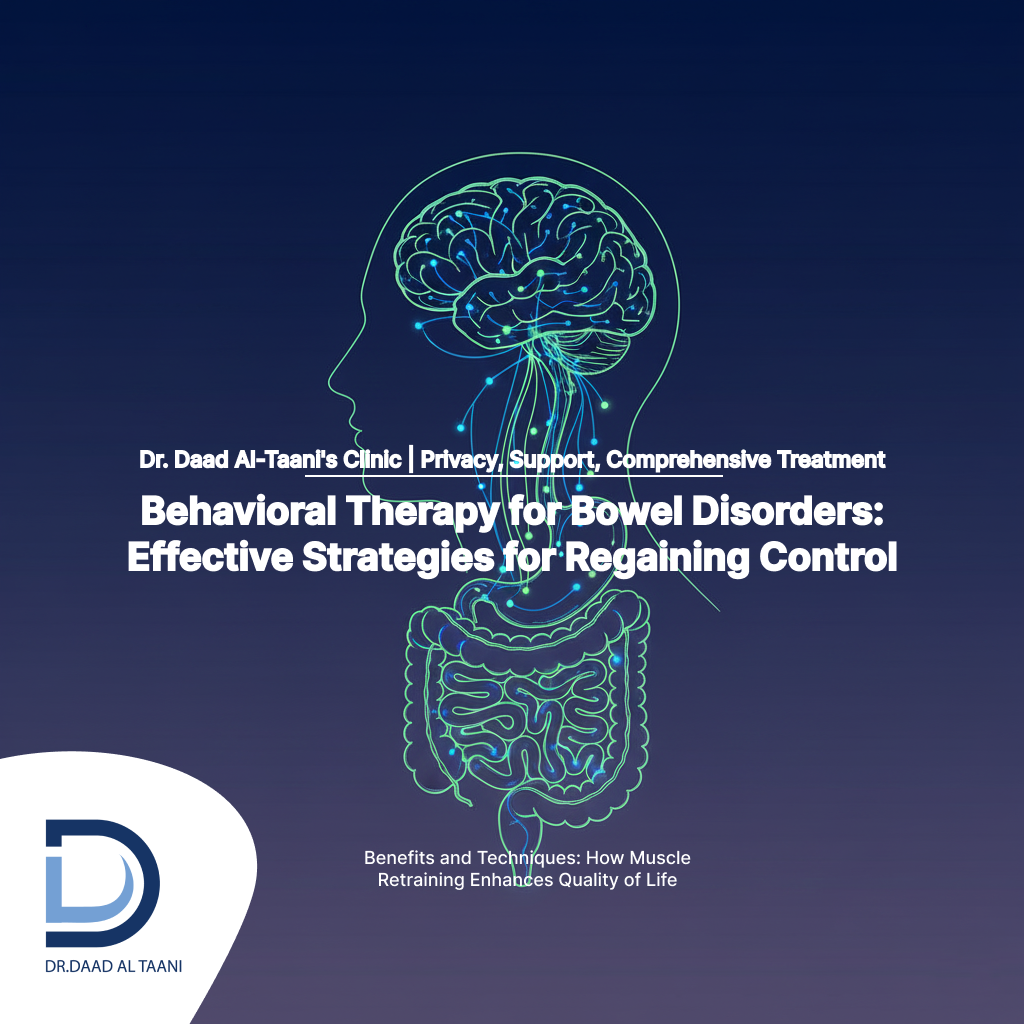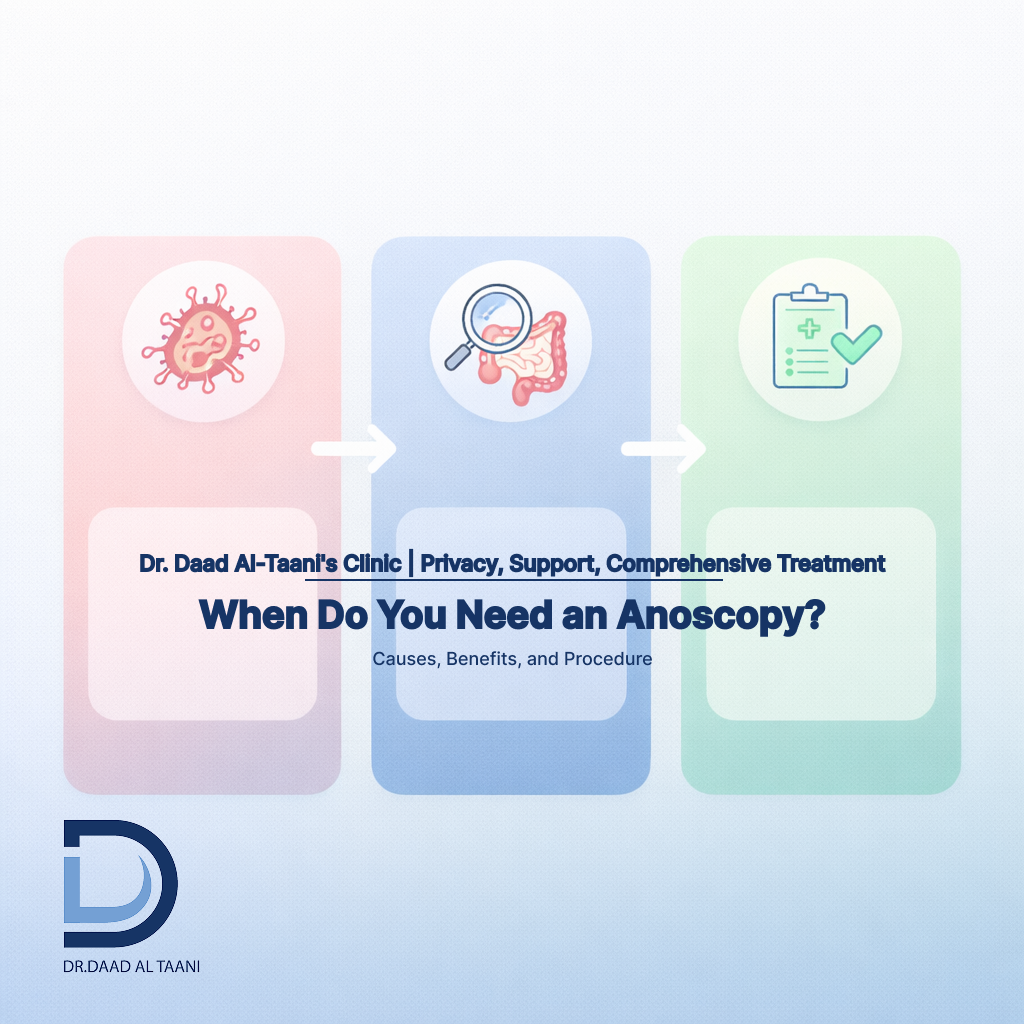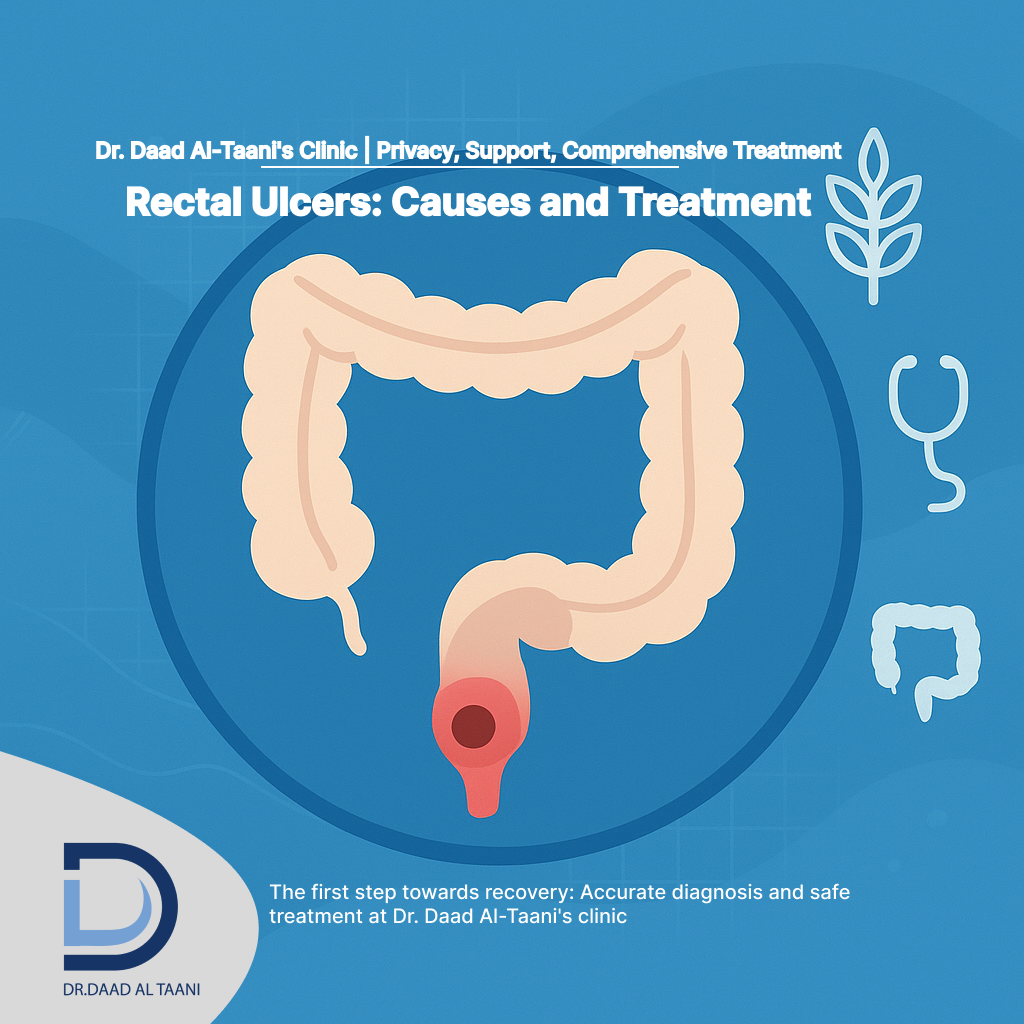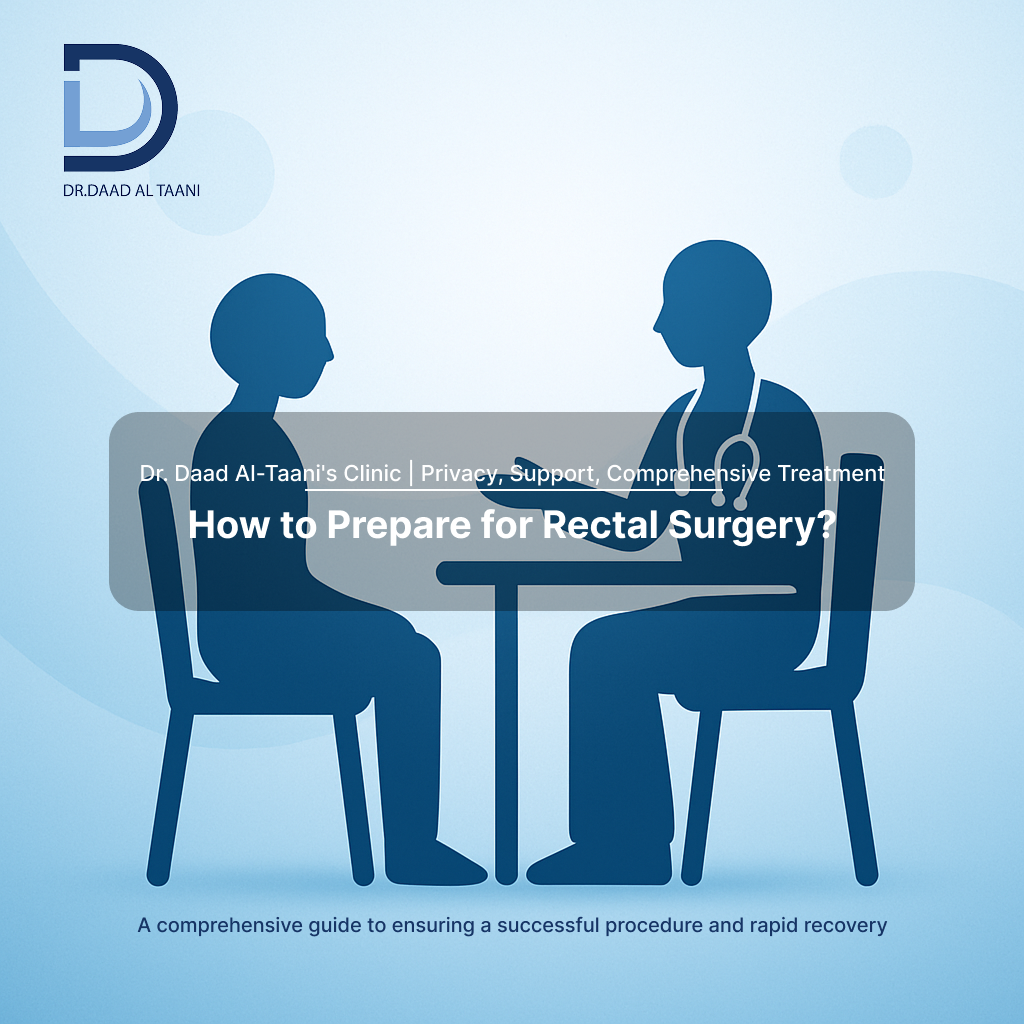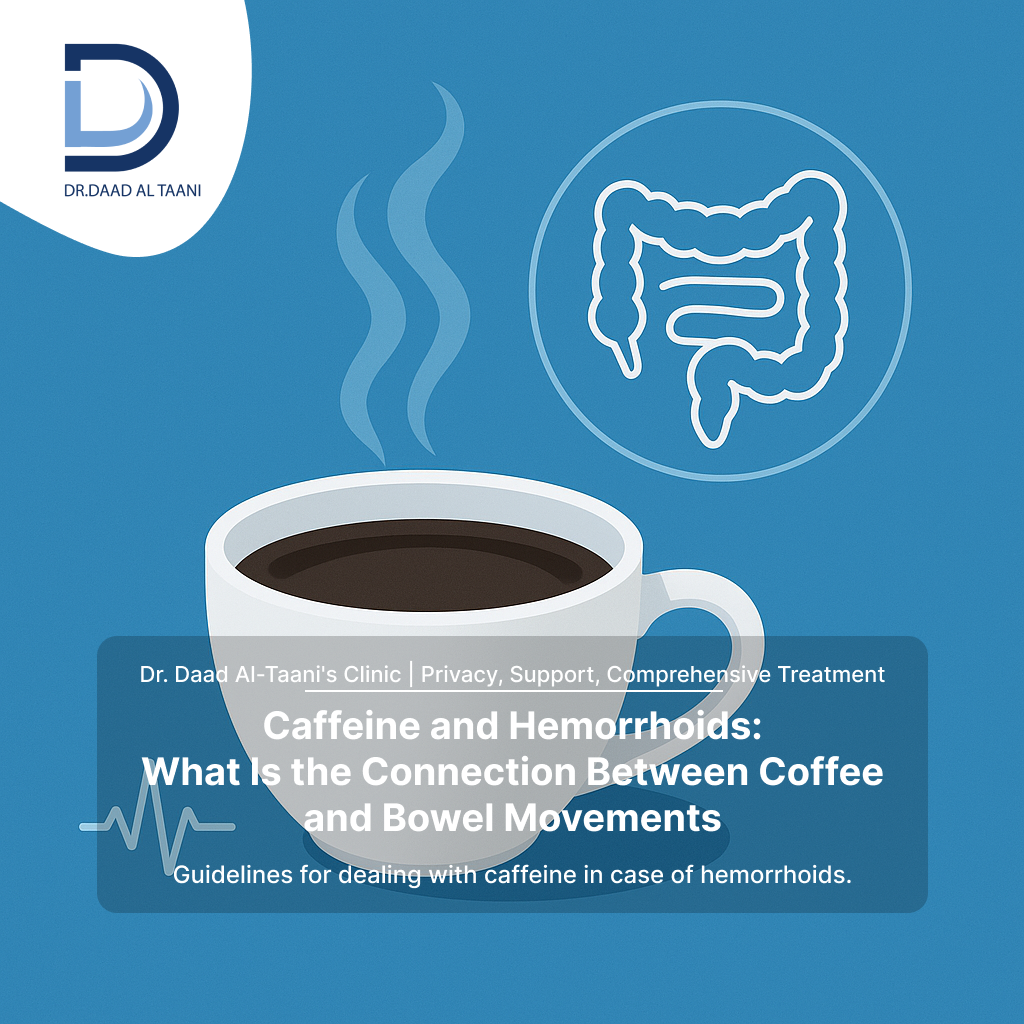Anal Fissure: A Painful Condition, But Easily Treatable
An anal fissure is a small tear in the lining of the anus. It causes sharp pain during bowel movements.
Often, the patient experiences burning or stabbing sensations that may last for hours after defecation.
Over time, repeated symptoms can significantly affect daily life.
Typically, anal fissures occur due to hard stool in cases of chronic constipation or from frequent diarrhea.
Additionally, certain practices like anal intercourse or inserting medical tools into the rectum can lead to tears.
In women, the condition may appear after natural childbirth due to perineal trauma.
Moreover, some medical conditions increase the risk of fissures.
These include Crohn’s disease, syphilis, gonorrhea, HIV, and other viral or bacterial infections.
In rare cases, an anal fissure may be linked to anal cancer.
Symptoms are usually clear. Patients may experience sharp pain during defecation, mild bleeding on toilet paper, and intense anal itching.
Sometimes, a small skin tag forms near the anus, which often indicates a chronic fissure.
The repeated pain can lead to fear of using the toilet, which worsens the problem.
Fortunately, treatment is both available and effective.
In early stages, laser therapy is recommended as a non-invasive, quick solution.
If symptoms persist, Botox injections can help reduce muscle spasms.
For chronic or complex cases, lateral sphincterotomy or an advanced rectal flap procedure may be necessary.
Dr. Daad Al-Taani offers all of these treatment options at her medical center.
She uses advanced technology and has extensive experience in treating anal fissures.
Thanks to her expertise, many patients have fully recovered and returned to their normal, pain-free lives.
Therefore, do not delay treatment.
Early diagnosis and proper care can greatly improve outcomes and reduce discomfort. From here, you can visit our YouTube channel



